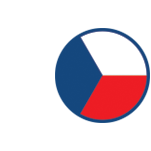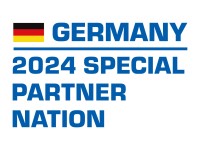News
If the rescuers don't take off, there is no way you can fly // Humans of NATO Days
Lieutenant Colonel Petr Šafařík is the commander of the helicopter squadron of the 24th Air Transportation Base at Prague - Kbely and at the same time the leader of the display team of the W-3A Sokol helicopter. He has over 3,600 flight hours, of which more than 3,200 have been on the Sokol. At the NATO Days in Ostrava & Czech Air Force Days, the W-3A Sokol helicopter is shown in full envelope of turns and aerobatics in combination with rescue of people. What does Petr's normal working day look like, and when does he have to push his limits to save a human life?
How do you evaluate the ongoing NATO Days in Ostrava?
It is an event that has a tradition, you can see that it is well organized. Every year something different is presented here, so it is a very attractive thing for the spectators. I think that the number of visitors is proof of that.
How many times have you participated in the NATO Days?
If I count it all together, this is the fifth year in which I have participated in some way.
What does your typical working day look like?
As a squadron commander, I have many administrative duties. In addition, our squadron essentially maintains two standbys, one standby is with the W-3A Sokol helicopter, it is the so-called air rescue service, and then we also maintain the SAR service, the search and rescue service. This means that every member of the squadron rotates in these services as well. So when I'm on duty, I wait in the standby room to see if I'm going to save a human life. If I'm not on duty, I'm in the office or at flight training with my subordinate pilots, where I attend to them as an instructor.
While rescuing people, do you ever have to cross any limits?
In the air force, it is difficult to say what it is to cross any limits. Of course, we use the helicopter within the limits that are given so that we do not get into an emergency situation through our own fault. However, our work is about saving people's lives. Incidents usually don't happen in wonderful conditions like we see here at the NATO Days, bad weather usually plays a role. The limits of the rescue pilot are pushed a lot, because when the rescue helicopter takes off, the pilot always goes into it with the feeling that there is someone on the other side who urgently needs help. So we have pushed our limits quite a bit further. I think that if we don't take off as rescuers, then it's really impossible to fly.
|
|
What does courage mean to you?
Courage. This is the ability - to go into something unknown, which can also mean a great risk. A person is able to evaluate his abilities and possibilities well, and thus go into it fully.
Who is your inspiration in life?
My inspiration in life is my dad who got me into flying. He was unfortunate to never be able to pursue it as a job, but he was always very interested in it. I grew up among airplanes, their models, and aviation history. So, by becoming a military pilot, his dream also came true. Then I became a rescue pilot, and I do it with the feeling that the work is truly meaningful.
What does NATO mean to you?
For me, NATO is an alliance, a set of armies, where each one does the job a little differently. By being in a common alliance, we can give something to others. We learn from each other so that the whole works even better.




















